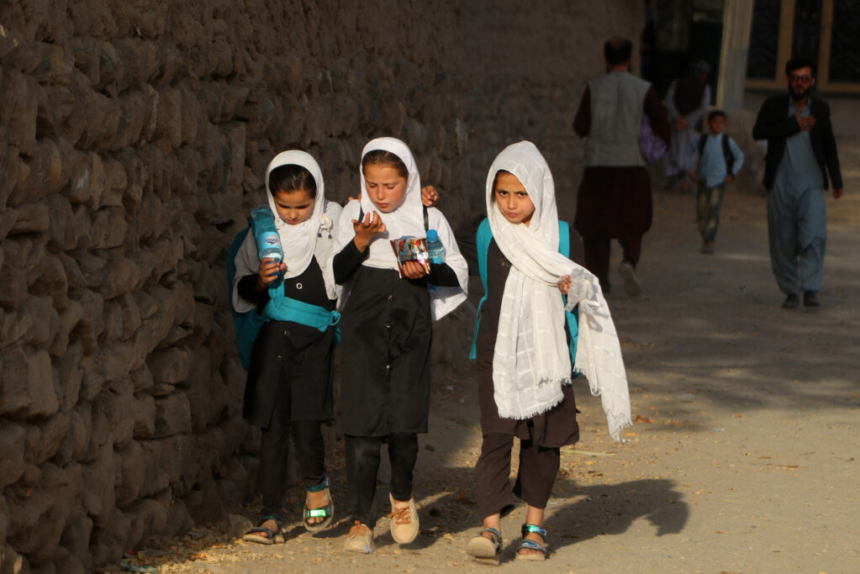RASC News Agency: The United Nations Children’s Fund (UNICEF) has unveiled an extensive initiative aimed at protecting the rights and enhancing the well-being of Afghanistani children throughout the year 2025. The plan encompasses the provision of psychosocial counseling, the implementation of school-based educational programs, and the introduction of vocational training courses to develop practical life skills among children. As part of this strategy, UNICEF intends to train 308 social workers, equipping them to support children in crisis-affected areas. This intervention comes at a time when children across Afghanistan face growing threats, including abuse, exploitation, and the systematic erosion of their fundamental rights.
UNICEF has drawn particular attention to the deepening economic crisis in the country. With surging poverty and unemployment, a significant number of families especially those without a male guardian are being forced to send their children into the streets and informal labor markets to earn a living. These children, often exposed to unsafe environments, are at heightened risk of exploitation and harm. The agency underscores that, for many children separated from their families and deprived of essential resources, social workers represent the only line of support. These children, living under precarious and often traumatic circumstances, are in urgent need of structured assistance and protection.
UNICEF has also stressed the critical importance of awareness campaigns and vocational training programs as tools to mitigate long-term harm and to empower children with the skills necessary for a safer, more promising future. The organization expressed optimism that, through the expansion of these efforts, Afghanistani children will be granted improved pathways toward personal growth and social mobility. These initiatives are being launched amid a rapidly deteriorating socio-economic and political climate in Afghanistan. In light of the ongoing instability, UNICEF emphasized that international engagement and support are more vital than ever to ensure a dignified and secure future for the country’s most vulnerable population its children.






